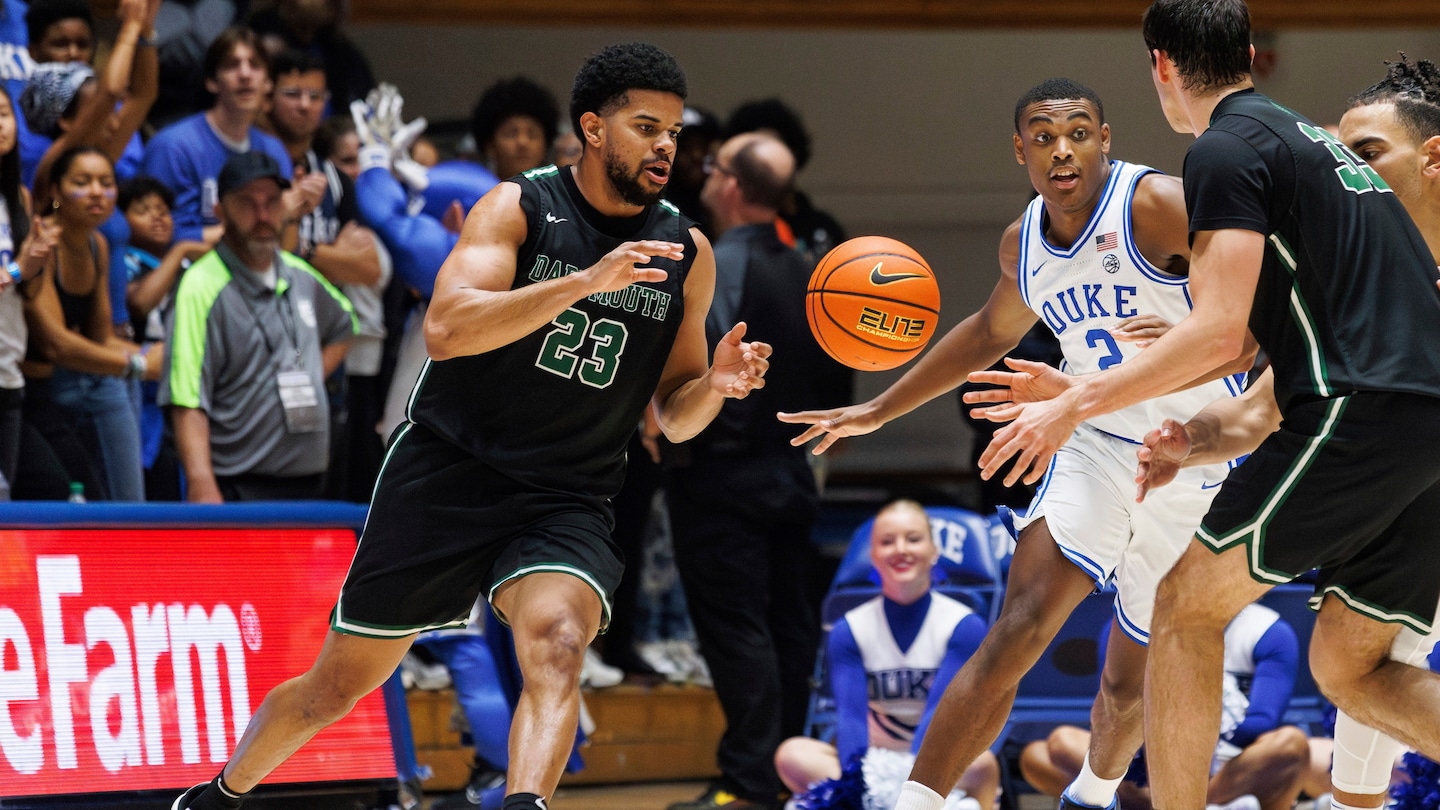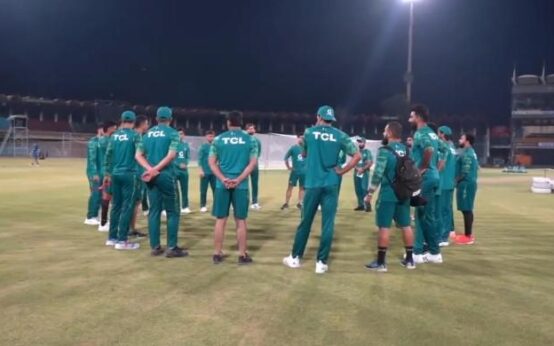The school can still appeal the decision. In 2015, a regional director ruled Northwestern’s football team could hold a union election, only for the NLRB to dismiss the petition and maintain the status quo. But college sports — and the conversation about whether its athletes should be employees — have evolved in the nine years since Northwestern’s case.
Since July 2021, athletes have been able to profit off their name, image and likeness (NIL) through brand deals or de facto salaries from donor-funded groups called collectives. Beyond Sacks’s decision, which followed a four-day hearing in October — after all 15 members of the Dartmouth team filed a petition in September to unionize — the NLRB is in the middle of a trial that will decide whether the University of Southern California’s football, men’s basketball and women’s basketball players are employees of their school and the Pac-12 Conference. And then there are the many antitrust lawsuits threatening to further upend the college sports model.
“There are a couple of key things in the environment that support this effort that weren’t in place during the Northwestern push,” said Ramogi Huma, executive director of the National College Players Association. “A big one is NIL pay. When the full board decided not to assert jurisdiction in the Northwestern case, they claimed this is a system that typically needs common rules. They talked about keeping a level playing field.
“NIL makes it very clear that you don’t need common rules. There are different NIL payments and mechanisms from campus to campus, from state to state, across the nation. And college sports have not collapsed. I think that has been made clear.”
A date for the election hasn’t been set, though it’s expected to be in the next few weeks. Dartmouth, meanwhile, has 10 business days to decide whether it will appeal. But even if it does, the team could still hold an election before the NLRB’s four-member board rules on the appeal. That’s where a key difference from 2015 comes into play: Unlike with Northwestern, the ballot for this election will be counted and public, meaning the NLRB would know how the players voted while deciding on a potential appeal.
If the Dartmouth players ultimately unionize, they could gain the ability to collectively bargain with the school over compensation and other working conditions. Huma, who’s leading the efforts in the USC case, added: “As much as we celebrate NIL, that’s not changing the economic exploitation in college sports. The average athlete doesn’t get anything significant when it comes to name, image and likeness in Division I. It has to be corrected.”
The NLRB’s board typically has five members, the majority of whom are in the same party as the sitting president. During the Biden administration, that’s meant three Democrats and two Republicans, though there is currently a vacant Republican seat. For any ruling on an appeal in the Dartmouth case, three of the members would have to be in agreement, which could take months. After that, the process could continue to a circuit court or even the Supreme Court, stretching it out in a way that would probably favor the school.
November’s presidential election, then, could be critical. A win for Donald Trump would almost certainly change the makeup of the NLRB, just as it changed after the 2020 election. Biden had always vowed to be an extremely pro-union president. That’s why, shortly after taking office, he replaced a Trump appointee with Jennifer Abruzzo, who’s been the NLRB’s general counsel ever since. In September 2021, two months after the NCAA permitted athletes to profit off their NIL, Abruzzo issued a memo saying athletes at private universities should be considered “employees” under the National Labor Relations Act.
Labor advocates viewed it as an open invitation. Reacting to Sacks’s decision Monday night, Huma mentioned Abruzzo’s memo four times, drawing a straight line from that opinion to this one.
The NLRB does not have jurisdiction over public universities. That came into play in the Northwestern case, since the board said Northwestern unionizing would create an uneven labor environment in the Big Ten, which has a mix of private schools (such as Northwestern) and public (such as Michigan, Ohio State and Iowa). Doubling down, the board made the same case with how a majority of Football Bowl Subdivision programs are at public schools.
The Ivy League, on the other hand, is made up of eight private universities. That could, in theory, help the Dartmouth players. It also makes it fairly easy to see how an eventual win for them could scale across the conference. How it could apply to public-school athletes, or how it might affect international athletes at any university, remains unclear.
Part of Dartmouth’s argument against unionization was that the school does not profit from its men’s basketball team. Sacks, however, wrote: “While there is some factual dispute as to how much revenue is generated by the men’s basketball program, and whether that program is profitable, the profitability of any given business does not affect the employee status of the individuals who perform work for that business.”
In an attempt to contrast the situation to the Northwestern football team, Dartmouth also likened its players to Northwestern’s walk-ons, who the regional director ruled could not unionize in 2015 because they did not receive compensation in the form of scholarships. No Ivy League schools offer athletic scholarships, only need-based financial aid. But in her ruling Monday, Sacks counted free apparel, equipment and tickets as compensation for the Dartmouth players, then made that compensation the crux of her decision.
The other key element was that the coaching staff — and, by extension, the school — sets rules for the work environment, which includes the athletes signing a number of documents ahead of summer practices.
Dartmouth is 5-14, last in the Ivy League, and plays at Harvard on Saturday. But there’s now a lot more at stake than how the team finishes its season.


 Best Underground Water Leak Detection Equipment 2024
Best Underground Water Leak Detection Equipment 2024  Best Backyard Ideas: Turn Your Outdoor Area Into a Creative and Calm Haven
Best Backyard Ideas: Turn Your Outdoor Area Into a Creative and Calm Haven  Babar, Rizwan are good players but not whole team, says Mohammad Hafeez
Babar, Rizwan are good players but not whole team, says Mohammad Hafeez  Pak vs NZ: Green Shirts aim to bounce back against Kiwis today
Pak vs NZ: Green Shirts aim to bounce back against Kiwis today